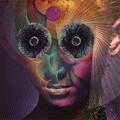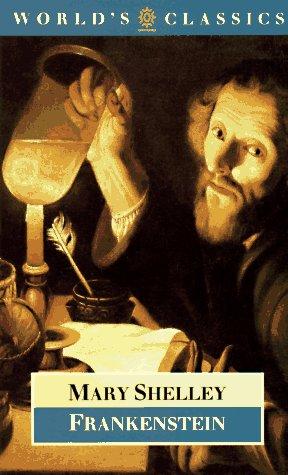admin reviewed Frankenstein by Mary Shelley (The World's classics)
Review of 'Frankenstein' on 'Goodreads'
1 star
Shelley is a lot like her mother. They both love characters who talk and talk and talk.
Honestly, I did not expect most of what happened in this book. Everyone "knows" the Frankenstein story: mad scientist raises the undead in a creepy laboratory in the mountains during a thunderstorm. It usually seems to end there. Some variations, Frankenstein actually makes a "female" version and, usually, the female doesn't want anything to do with its male counterpart.
However, I learned that Frankenstein is much more than that. It's a lot more gruesome and morbid than I thought it would be. I wouldn't really classify it as horrifying in any way. Honestly, I was a bit bored by many parts of it. I sympathized with Frankenstein's creation when he told his tale but it was still hard for me to picture him as anything but human.
I will say that I enjoyed the unreliable narrator device. I can't believe sitting down with someone while they recounted a story as long as this.
Overall, I'm glad I read it and got it out of the way but I didn't particularly like the book itself. I don't want to say "it was okay" AKA 2 stars because that implies there was something good about the book. Not to say there's anything bad but it just wasn't for me.
To many readers, who have perhaps known Frankenstein only at second hand, the original may well come as a surprise. When Mary Shelley began it, she was only eighteen, though she was already Shelley's mistress and Byron's friend. In her preface she explains how she and Shelley spent part of a wet summer with Byron in Switzerland, amusing themselves by reading and writing ghost stories. Her contribution was Frankenstein, a story about a student of natural philosophy who learns the secret of imparting life to a creature constructed from bones he has collected in charnel-houses. The story is not a study of the macabre, as such, but rather a study of how man uses his power, through science, to manipulate and pervert his own destiny, and this makes it a profoundly disturbing book.
First: The event on which this fiction is founded, has been supposed, by Dr. Darwin, and some of the physiological writers of Germany, as not of impossible occurrence.
Last: He was soon borne away by the waves, and lost in darkness and distance.

